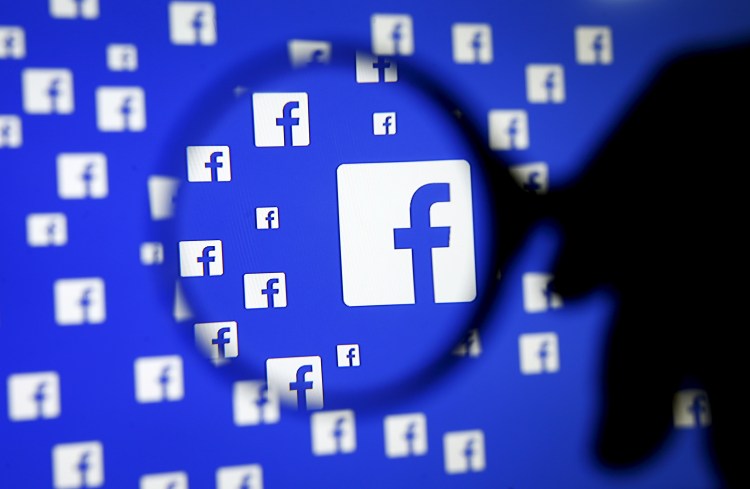If Mark Zuckerberg’s latest blog post on the future of Facebook were on Rotten Tomatoes, it seems safe to imagine its critics’ score falling in the rotten zone.
While the whole thing is worth reading, given Facebook‘s sizable footprint when it comes to all things digital, Zuckerberg has apparently come down off the mountain his company built out of fake news, harassment, genocide, and privacy scandals to announce that he has gotten religion on privacy. The future of Facebook and its app ecosystem of Instagram and WhatsApp will be direct messaging services and disappearing content, he vows, and the company is going to make this central to the platform’s experience.
To which the internet responded: “LULWut?”
Even Zuck himself somewhat sheepishly pointed out in a bid to win the Nobel Prize for dramatic understatements: “Frankly, we don’t currently have a strong reputation for building privacy protective services.”
June 5th: The AI Audit in NYC
Join us next week in NYC to engage with top executive leaders, delving into strategies for auditing AI models to ensure fairness, optimal performance, and ethical compliance across diverse organizations. Secure your attendance for this exclusive invite-only event.
The reactions reflected just how deeply battered his reputation and credibility are.
Don’t believe me about the negativity surrounding Facebook? Here is a sample of headlines from the past week pulled from the aggregation site TechMeme:
- Axios Harris Poll of US adults: Facebook’s reputation dropped from 51st to 94th in 2018, following myriad scandals; Amazon, Netflix, and Apple remained steady
- Following its Dec. report, Privacy International finds seven major Android apps, including Yelp and Duolingo, still send personal data to Facebook upon launch
- Facebook has urged users to enable phone number-based 2FA, but the numbers are used in a user lookup feature with no opt out and to target ads, sparking outcry
- Leaked Facebook memo describes company’s lobbying efforts in 2012 and 2013 against a proposed European data directive which later became GDPR, more
- Developers in Moldova say they reported misinformation and fake news to Facebook for three years before the company took action in February
Those are just headlines from the last five days!
Not surprisingly then, Zuckerberg’s latest announcement was seen to land in a kind of no-man’s-land between cynical and self-serving:
https://twitter.com/waltmossberg/status/1103404104938909698
Who really believes that they will change. This company has always lied about everything. I mean just look at their track record. https://t.co/iEUiJjZ61s
— OM (@om) March 6, 2019
https://twitter.com/jwherrman/status/1103375790782193664
I love that he just declares this privacy thing might matter after being a big part of the soiling of online culture with sloppy public sharing tools: Facebook Messenger, WhatsApp: Mark Zuckerberg says the future is private messaging – Recode https://t.co/PW5DTLEByp
— Kara Swisher (@karaswisher) March 6, 2019
https://twitter.com/mollywood/status/1103379251984764929
To be fair, some people are willing to give Zuckerberg a shot, or at least reserve judgment, like former Facebook chief information security officer Alex Stamos:
https://twitter.com/alexstamos/status/1103382883517915136
But Zuckerberg will face a lot of doubters in the coming years. Whether he can artfully navigate this ongoing backlash and rebuild a post-advertising driven business around privacy is tough to say, but critics are lining up to bet that it is a task beyond his grasp.

